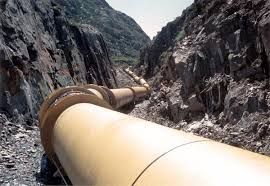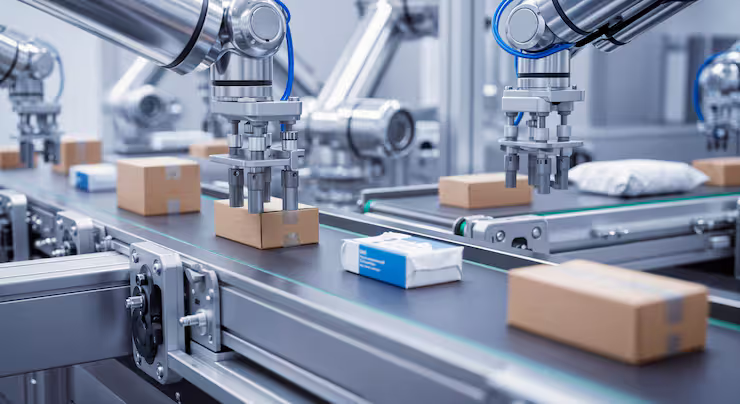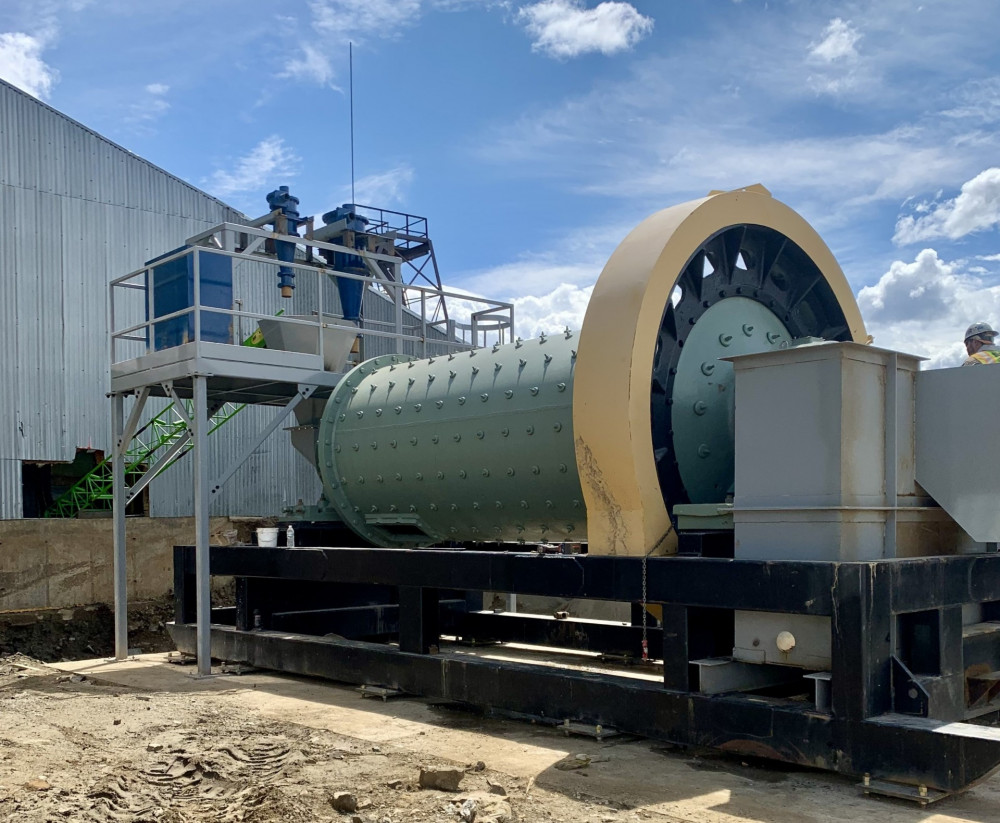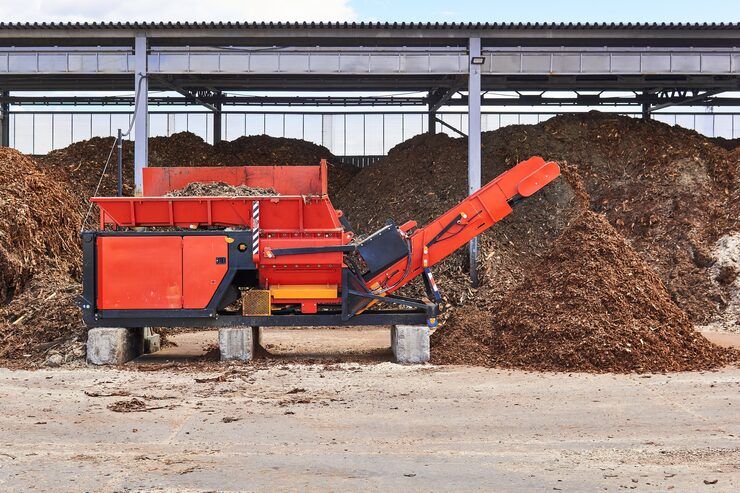Learn About Packaging Machines: Overview, Insights, and Useful Resources
Packaging machines are automated systems designed to prepare products for distribution by enclosing them in containers or protective materials. They perform various tasks, including filling, sealing, labeling, wrapping, and palletizing. These machines are essential in industries such as food and beverage, pharmaceuticals, cosmetics, and consumer goods.
The primary purpose of packaging machines is to ensure that products are safely and efficiently packaged, preserving their quality and extending shelf life. They also play a crucial role in streamlining production processes, reducing labor costs, and meeting regulatory requirements.
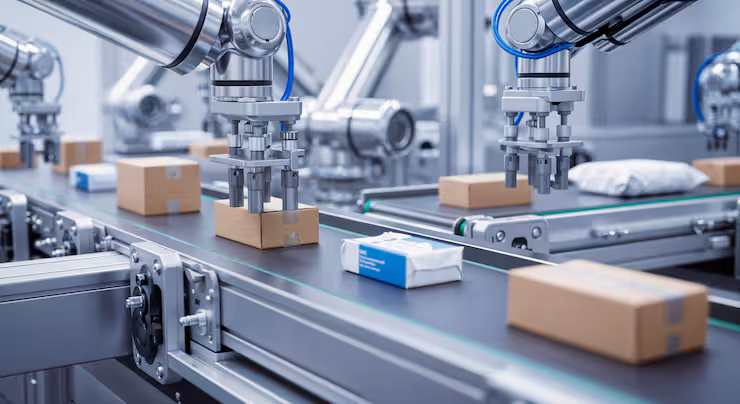
Importance of Packaging Machines Today
In today's fast-paced manufacturing environment, packaging machines have become indispensable. They contribute to:
-
Efficiency: Automating packaging processes speeds up production lines and reduces human error.
-
Consistency: Machines ensure uniformity in packaging, maintaining product quality.
-
Cost Reduction: By minimizing labor and material waste, packaging machines help lower operational costs.
-
Compliance: They assist in adhering to industry standards and regulations.
The global packaging machinery market is projected to grow from driven by advancements in technology and increasing demand for packaged goods.
Recent Trends in Packaging Machines
The packaging industry has witnessed several innovations in recent years:
-
Sustainability: There is a growing emphasis on eco-friendly materials and processes. For instance, biodegradable and compostable packaging solutions are gaining popularity.
-
Automation and AI Integration: Packaging machines are increasingly incorporating artificial intelligence to enhance efficiency and adaptability.
-
Customization: Consumers demand personalized packaging, leading to the development of machines capable of producing customized designs.
-
Smart Packaging: Integration of technologies like QR codes and sensors to provide consumers with more information about the product.
These trends reflect the industry's response to consumer preferences and regulatory pressures.
Regulations Affecting Packaging Machines
In India, packaging machines must comply with various regulations to ensure safety and quality:
-
BIS Certification: Manufacturers must obtain Bureau of Indian Standards (BIS) certification for machines used in filling, closing, sealing, labeling, packing, or wrapping bottles.
-
Food Packaging Regulations: The Food Safety and Standards Authority of India (FSSAI) has set guidelines for packaging and labeling of food products.
-
Plastic Waste Management Rules: Regulations on the use of plastic materials in packaging aim to reduce environmental impact.
Compliance with these regulations is crucial for manufacturers to ensure product safety and market access.
Tools and Resources for Packaging Machines
To support the selection and implementation of packaging machines, several resources are available:
-
Industry Reports: Organizations like PMMI and Grand View Research provide comprehensive market analyses and trend reports.
-
Regulatory Guidelines: Government websites offer detailed information on compliance requirements and standards.
-
Manufacturer Websites: Companies such as Zonesun Packaging and Viking Masek provide product specifications and operational insights.
-
Training Programs: Educational institutions and industry associations offer courses on packaging technology and machinery operation.
Utilizing these resources can aid businesses in making informed decisions regarding packaging machinery.
Frequently Asked Questions (FAQs)
Q1: What types of packaging machines are commonly used?
Common types include filling machines, sealing machines, labeling machines, cartoning machines, and palletizers. Each serves a specific function in the packaging process.
Q2: How do packaging machines contribute to sustainability?
By reducing material waste, optimizing packaging sizes, and enabling the use of eco-friendly materials, packaging machines help minimize environmental impact.
Q3: Are there training programs available for operating packaging machines?
Yes, various institutions offer training programs that cover the operation, maintenance, and troubleshooting of packaging machinery.
Q4: How can I ensure my packaging machine complies with regulations?
Regularly consult regulatory bodies' guidelines, obtain necessary certifications, and stay updated on industry standards to ensure compliance.
Q5: What factors should I consider when selecting a packaging machine?
Consider factors such as the type of product, production volume, required speed, available space, and budget when selecting a packaging machine.
Conclusion
Packaging machines play a vital role in modern manufacturing by enhancing efficiency, ensuring product safety, and meeting consumer demands. With ongoing advancements in technology and increasing regulatory requirements, businesses must stay informed and adapt to maintain competitiveness. By leveraging available resources and adhering to regulations, manufacturers can optimize their packaging processes and contribute to a more sustainable future.


